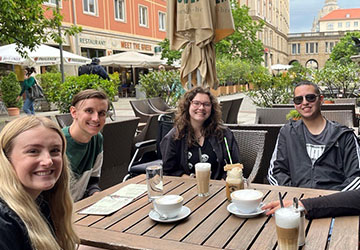Why Study Spanish?
With over 400 million native speakers, Spanish is one of the most common languages spoken in the world today. In the United States it is the second most used language after english and it is spoken throughout Europe and most of South America.
In the U.S. Spanish-english bilingualism increases employment opportunities as the Spanish-speaking population in the U.S. continues to grow. Many business require or prefer employees to speak both Spanish and english and the translation and interpretation fields are growing. Health care, law, government, military, law enforcement, education and many other occupational fields are in need of professional translators and interpreters.
Studying the Spanish language leads to a better appreciation of Hispanic art, music, literature, film, and culture and enhances your travel experiences throughout South and Central America and Europe.
As a Romance language, Spanish has Latin roots and knowing Spanish leads to a better understanding of English and the other romance languages, as well as better comprehension of many scientific, medical, and legal terms. After learning Spanish French, Italian, and Portuguese will be a breeze!




